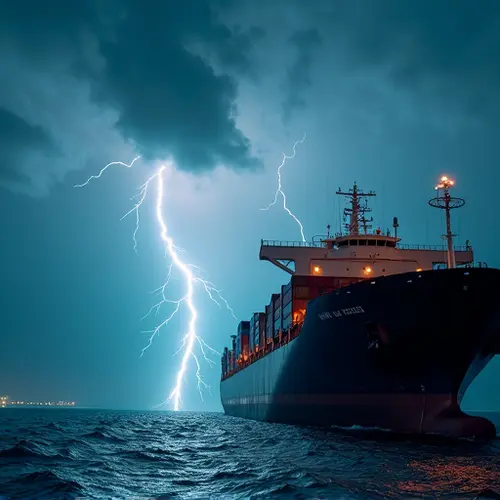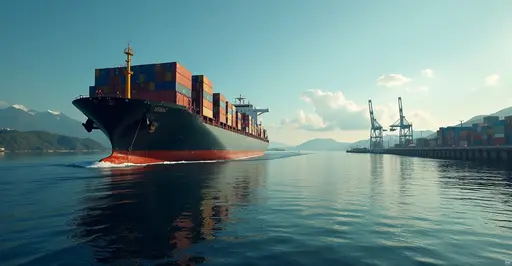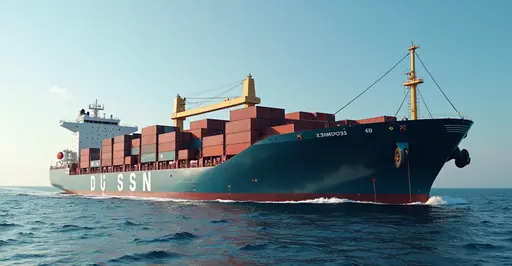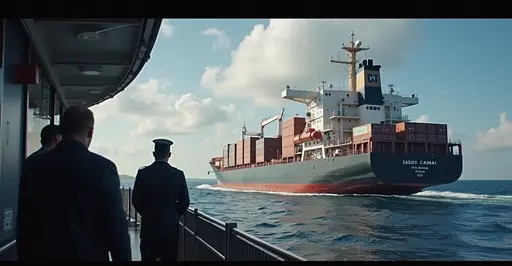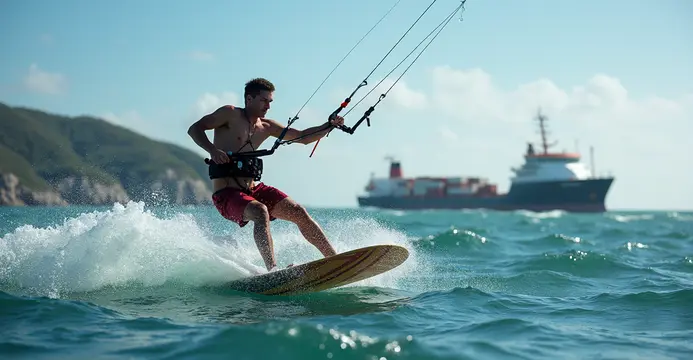Maritime disasters like Titanic led to SOLAS safety standards. Modern technology and IMO regulations continue evolving ship safety, but vigilance remains crucial.
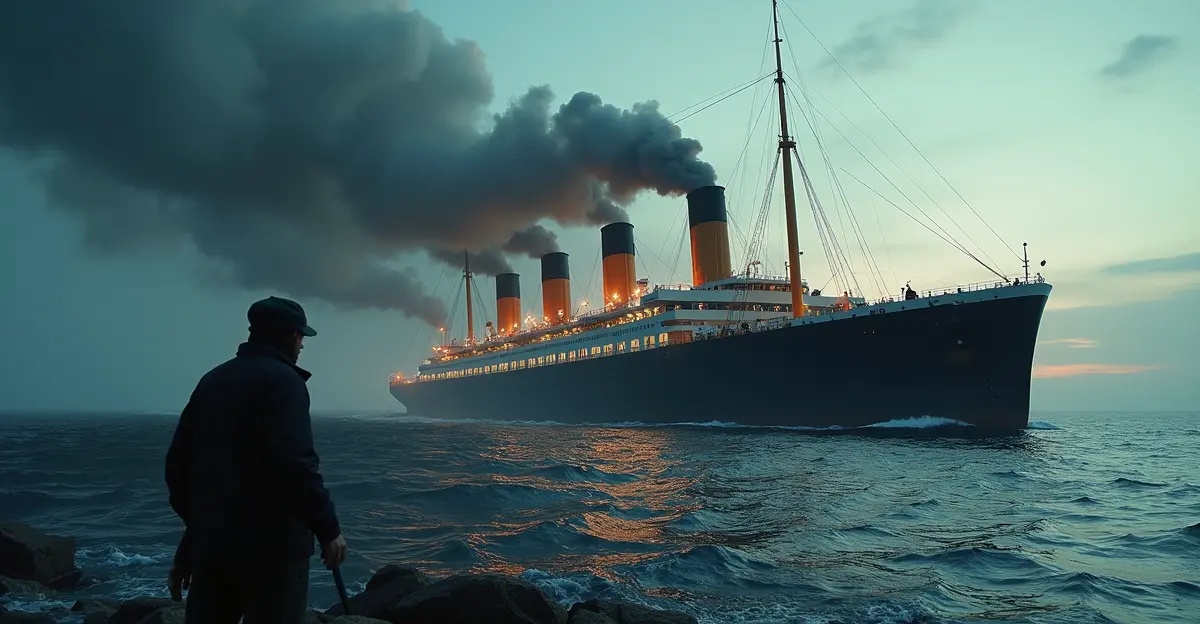
The Titanic Legacy: How Tragedy Transformed Maritime Safety
The sinking of RMS Titanic on April 15, 1912, remains one of history's most devastating maritime disasters, claiming over 1,500 lives. This tragedy shocked the world and exposed critical flaws in maritime safety regulations that continue to shape shipping safety today.
From Tragedy to Transformation
The Titanic disaster directly led to the establishment of the International Convention for the Safety of Life at Sea (SOLAS) in 1914, which remains the most important international treaty concerning merchant ship safety. "The Titanic's sinking was a wake-up call that revolutionized maritime safety standards worldwide," says maritime historian Dr. Emily Roberts.
Modern Safety Innovations
Today's maritime safety landscape has evolved dramatically with technological advancements. The International Maritime Organization (IMO), established in 1959, continues to update SOLAS regulations to address emerging challenges. Key improvements include:
- Mandatory lifeboat capacity for all persons on board
- Enhanced radio communication requirements
- Improved watertight compartment design
- Advanced navigation and collision avoidance systems
- Strict crew training and certification standards
Contemporary Challenges and Solutions
Despite these advancements, modern shipping faces new challenges including climate change, cyber security threats, and the complexities of mega-container ships. The industry has responded with:
Digital navigation systems using AI and machine learning to predict hazardous conditions. Advanced satellite monitoring that tracks vessels in real-time across global waters. Environmental protection measures to prevent oil spills and reduce carbon emissions.
Lessons for the Future
The fundamental lesson from maritime disasters remains constant: complacency kills. Regular safety drills, proper maintenance, and adherence to international standards are non-negotiable. "We must never forget that the ocean is unforgiving. Safety isn't an expense—it's an investment in human lives," emphasizes Captain Michael Donovan, a 30-year maritime safety expert.
As we move further into the 21st century, the shipping industry continues to learn from past tragedies while embracing new technologies that make global trade safer for everyone involved.

 Nederlands
Nederlands English
English Français
Français Deutsch
Deutsch Español
Español Português
Português


